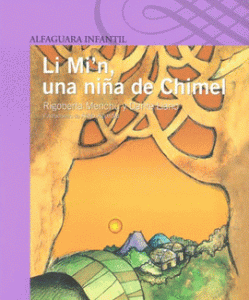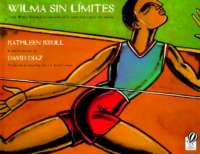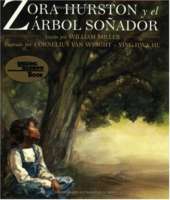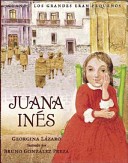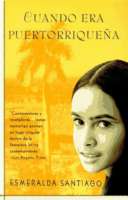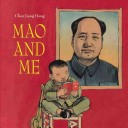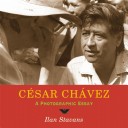
Who was César Chávez? Here, an essay and photographs restore this man to his place in American history.The real César Chávez got lost in the hoopla. Many think he was a Mexican boxer. Young people think he’s that guy on the stamp or that statue in the park. No wonder it’s difficult, especially for our young people, to understand his human complexities and the struggles to which he gave his life.Esteemed Latin American scholar and writer Ilan Stavans, supported by more than forty photographs from archival collections at the Cesar E. Chavez Foundation, restores this man’s humanity so that readers can understand his struggles as a labor organizer and civil rights activist for farm workers. The book discusses his growing up and his family; his comadre Dolores Huerta, who stood with him from the beginning; his relationship with Dr. King and other activists in the broader struggles for civil rights for all people of color; and his insistence on being an activist for the rights of farm workers when so much media attention was given to the civil rights activists in the cities.Ilan Stavans is a nationally respected Jewish Latino writer and scholar. His story “Morirse está en hebreo” was made into the award-winning movie My Mexican Shivah, produced by John Sayles. His books include An Organizer’s Tale (Penguin Classics, 2008), Dictionary Days (Graywolf Press), The Disappearance (TriQuarterly), and Resurrecting Hebrew (Random House). Stavans has received numerous awards, among them a Guggenheim Fellowship, the National Jewish Book Award, the Latino Book Award, and Chile’s Presidential Medal. He is a professor in Latin American culture at Amherst College.

